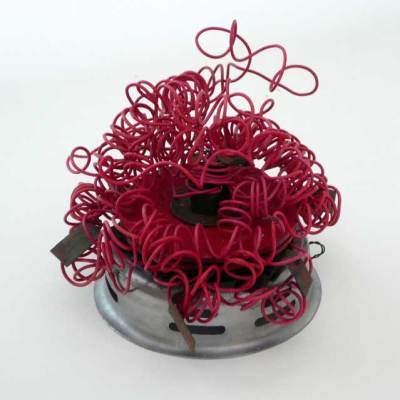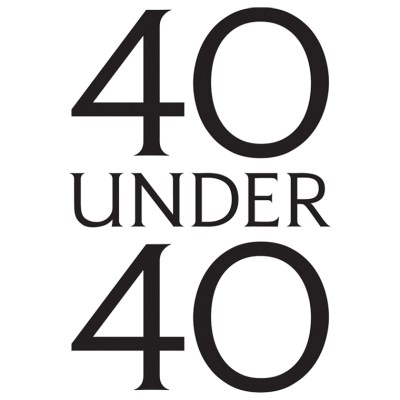Magnus Renfrew will step down as director of Art Basel in Hong Kong at the end of August, to join Bonhams as their Deputy Chairman, Asia and Director of Fine Arts, Asia. Renfrew was the founding director of Art HK, which launched in 2008 and was subsequently acquired by MCH Group (the parent company of Art Basel) in 2011. We spoke to him this morning about his new role and the future of the art market in Asia.
Congratulations on your new appointment. How do you feel about leaving Art Basel?
It’s been a real privilege to work on something right from its inception, and together with a team to have built a fair that is widely regarded as one of the most important in the world – certainly the leading art fair in Asia. I felt that I’d achieved what we set out to achieve and more.
It’s rare that you have the opportunity to really build something in your career, so I’m lucky to have that opportunity, again, at Bonhams. The prospect of moving there to help drive their business in Asia is very exciting.
What will be your immediate responsibilities in the position? And your long term goals?
I’m responsible for the overall strategy pertaining to the departments of classical, modern and contemporary art from Asia. One of the important things that we’ll be doing is developing the collector base. It’s something that I’ve been working on for the last few years at Art Basel, which placed real importance on audience development. There’s a huge amount of work to be done. The first priority is to get the right team in place.
Are there specific challenges/opportunities facing auction houses in HK, as opposed to international fairs?
The art world is a cultural ecology and all aspects of it are intertwined. I think the importance of collectors from Asia is expanding at an accelerating rate – and that’s true for all collecting disciplines, not only those within the region. It’s an exciting prospect, to help to build that audience.
You were heavily involved in the first sale of Contemporary Asian Art in London in June 2006. How have things changed; have you seen Western and Eastern markets come together since then?
Things have changed dramatically, particularly the gallery system in Asia. Galleries aren’t just buying works directly from artists and then selling them on at a markup – they are taking a much more representational role. Artists also understand the importance of the system. In a sense the market has become more sophisticated.
There has also been an incredible increase in interest in collecting modern and contemporary art from Asia. It’s not just on an East-West axis. There are collectors from Indonesia buying art from Japan, for example, and many other examples of cross-cultural and transnational collecting within Asia itself. But there has also been a dramatic increase in sales of art from the West to collectors in Asia – and I think that is a very exciting opportunity.
Will Hong Kong play a central role in the development of the Asian art market?
Absolutely. It’s already the third largest auction market after New York and London. Its importance as a meeting point for the international art world has been cemented by Art Basel’s arrival, and I think it is only going to develop further as the market does. The market tends to follow the money, and the greatest creation of wealth at the moment is in Asia.
What developments should we look out for in Hong Kong in the next few years?
When you really think about Hong Kong, one of the things that defines it culturally is its extremely strong gallery scene. Very few other places offer such diversity – and that’s only going to get more and more significant as time goes on. You also now have people like Pace, Gagosian, White Cube, Ben Brown, Simon Lee, Pearl Lam…all doing really interesting shows and helping to develop the collector base. And of course, the arrival of M+ in West Kowloon will be another major boost to the cultural ecology of Hong Kong when it opens in 2017/2018.
Related Articles
Art Basel in Hong Kong: May Apollo (Ben Luke)



